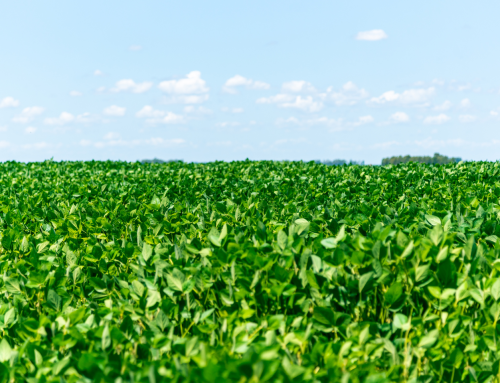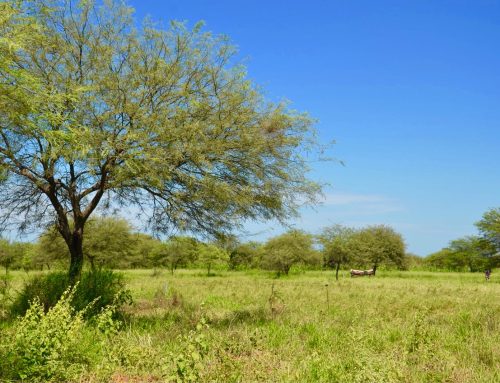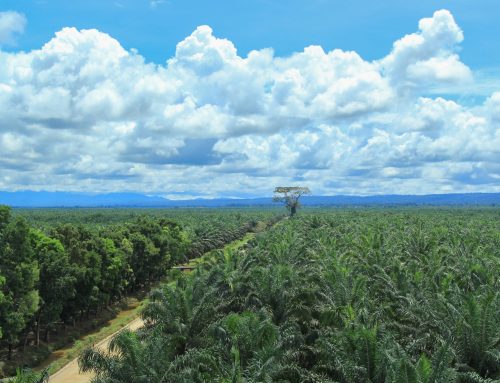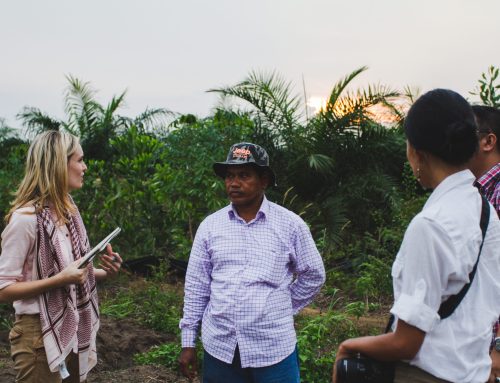As published in the Guardian, September 29 2017.
Corporations globally have made hundreds of commitments on deforestation. But what do these pledges really mean and why do scandals keep happening?
Whether it’s the destruction of rainforest shared by elephants and orangutans in Sumatra to produce palm oil; reports linking fast food giants to the burning of tropical forests in Brazil and Bolivia; or the hundreds of thousands of hectares of tree cover loss per year in West Africa – the world’s forests are being razed to sate global demand for produce such as palm oil, beef and cocoa.
As of March 2017, 447 companies had made 760 commitments to curb forest destruction in supply chains linked to palm oil, soy, timber and pulp, and cattle – principal forest-risk commodities – according to NGO Forest Trends. But what does this mean? And why do deforestation scandals keep emerging?
Why Does Deforestation Matter?
According to Nasa’s Earth Observatory [pdf], if current rates of tropical deforestation continue, the world’s rainforests will vanish within 100 years, eliminating the majority of plant and animal species on the planet, as well as uprooting the communities who live there.
(read the entire article here)
Where Next?
The UN has just launched the Good Growth Partnership, a four-year project led by the UNDP’s Green Commodities Programme aiming to transform the soy, beef and palm oil supply chains to meet SDG goals around poverty alleviation and tropical deforestation reduction.
The increased availability of technology is also helping companies to monitor and manage deforestation. The Global Forest Watch, for example, has developed a monitoring tool which gives near real time alerts on areas of suspected forest clearance.
And there is growing hope for cross-sector partnerships, bolstered by the success of Brazil’s soy moratorium. The initiative between government, environmentalists and companies started in 2006 when soy buyers agreed not to purchase soy from deforested areas in the Amazon. The moratorium was extended indefinitely last year and, while it is not without critics, a recent study concludes the deforestation rate pre-moratorium was more than five times that post-moratorium.
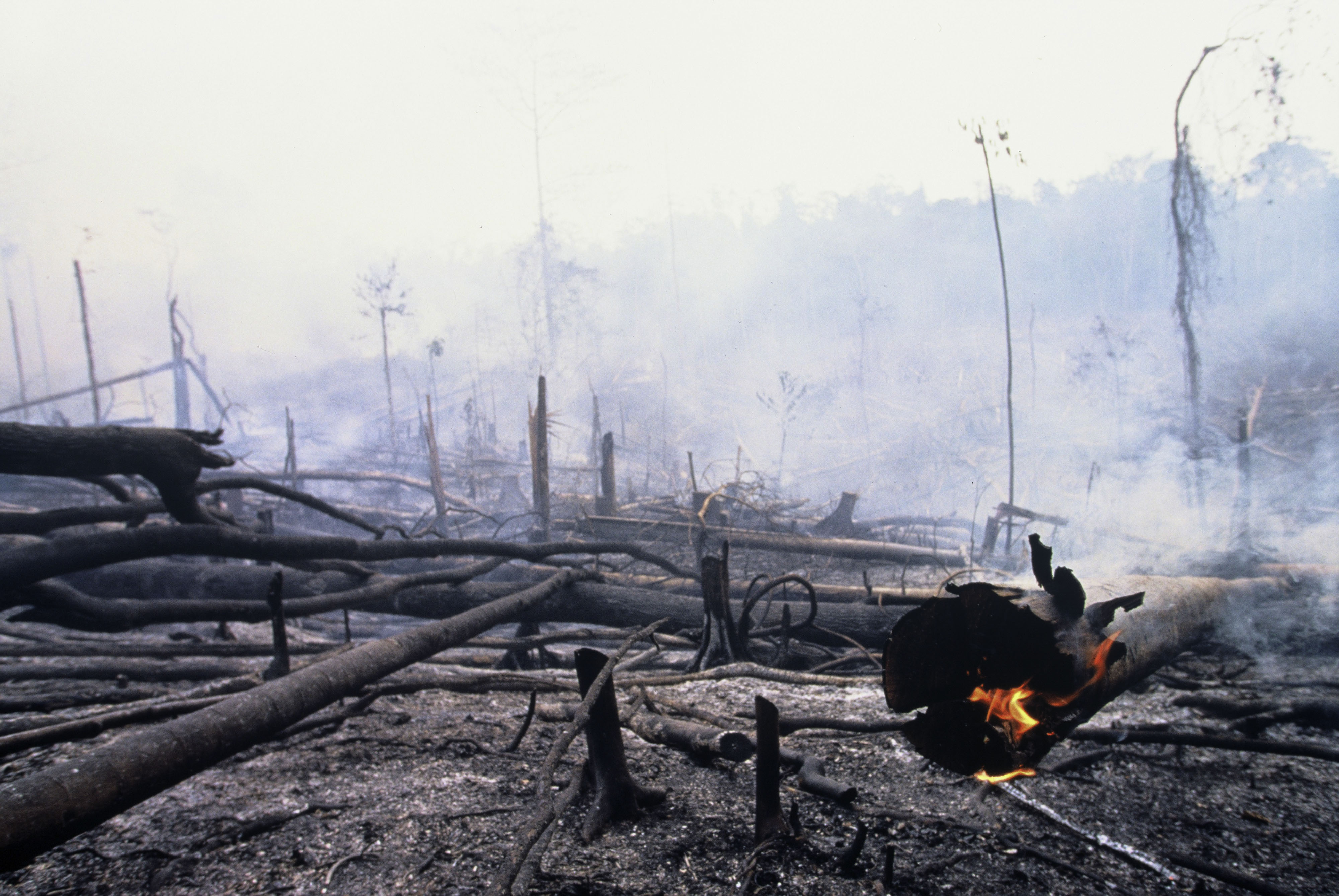
Burning the rainforest to clear land for Oil palm trees (Elaesis guineensis) plantations near the Bukit Tigapuluh Nature Reserve, Sumatra, Indonesia © Mark Edwards / WWF


